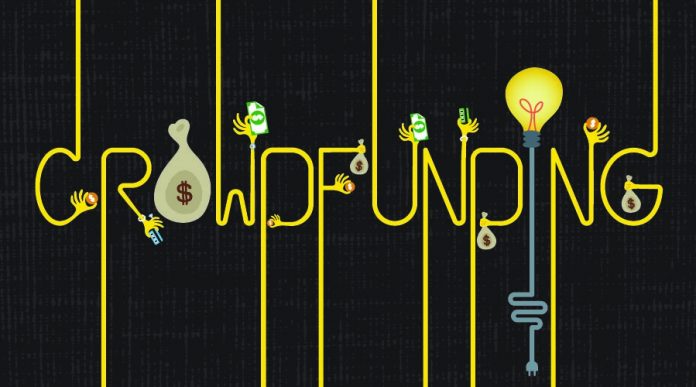Crowdfunding generally describes the funding of a project, business venture or charitable cause through a series of small contributions from a large number of people.
Although crowdfunding as a concept has been around much longer than the term, its use has expanded rapidly with the advent of the internet. For the unwary, the worldwide reach of the internet can be both a boon and a trap when it comes to crowdfunding.
Among the most popular crowdfunding websites are GoFundMe, Facebook, PayPal, Indiegogo, Kickstarter, CircleUp and Causes. Most of these platforms operate similarly by providing a simple and efficient way to raise money, sometimes in exchange for a percentage of each contribution.
When it comes to any online exchange of money, the opportunity for abuse is ever-present. What follows are some tips for navigating the crowdfunding scene. Though not exhaustive, the list serves as a solid place to start for those wishing to do good.
Pick your platform wisely
You can limit your chances of falling prey to scam artists by choosing a reliable platform.
GoFundMe, for example, assures potential donors that it “carefully” reviews each campaign and takes “swift action” to address misleading campaigns.
Indiegogo employs a “trust and safety” team to conduct automated and manual reviews of campaigns in order to detect abuse. The platform also includes a link on every campaign page allowing donors to report anything that they find suspicious. Facebook and other crowdfunding platforms offer similar safeguards.
Do your homework
You should take time to research the person or organization that you are thinking about funding before you click the “donate” button. A few minutes on Google can save you the grief and pain of falling victim to scammers.
Resources such as the Ohio Attorney General’s Office, the Better Business Bureau, the IRS Tax Exempt Organization Search, Charity Navigator, Candid and the Ohio Secretary of State are among the many places you can learn about a person or an organization asking for your money. You can also ask family and friends whether they know about a particular person or group.
For charities in particular, the Ohio Attorney General’s Charitable Law Section compiles a list of all charities registered in the state of Ohio. Furthermore, any charity seeking donations in Ohio must first register before asking you to give.
Crowdfunding campaigns are not always for charitable organizations. They can include individuals expressing a need (and that “need” can be anything) to a start-up company looking to launch its business. Don’t be afraid to ask questions before you give money.
Find out where the money goes and whether your entire donation will be used for the campaign’s purpose. The telemarketers of yesteryear are now using the internet to contact potential donors. Be aware that some professional solicitors are paid handsomely to raise funds on behalf of their clients and that much of what you think you are giving to a cause or charity actually pays the salaries and overhead of the company hired to contact you. Although the concept of crowdfunding seeks to avoid the paid solicitor by connecting with potential donors directly, the paid positions undoubtedly exist in some crowdfunding campaigns, too.
One final note: Ask, then confirm, that your donation is tax-deductible, especially if such a factor is important to whether, and to whom, you give.
Choose the right payment method
The way you pay can afford you greater or less protection. Virtually every credit card and even some bank accounts offer protection from fraud. Contact your bank or credit card issuer before you give to learn what protections exist in the event that all is not what it seems with the person or organization you want to help.
Newer alternative payment methods may or may not provide fraud protection. PayPal, for example, specifically excludes donations made through crowdfunding platforms from its payment protection coverage. On the other hand, GoFundMe has the “GoFundMe Guarantee,” which offers to refund your donation (up to a maximum of $1,000) or provide other remedies. As with many guarantees, exclusions do apply.
How an attorney can help
The best way to protect yourself is to do research on the organization, platform and payment method you use when donating to crowdfunding efforts. If you are the victim of a scam or fraud, an attorney can assist you in recovering your money.
About the author – This “Law You Can Use” column was written by Patrick Denier. Denier is the supervising attorney of the Investigative Unit of the Ohio Attorney General’s Charitable Law Section. To learn more about Ohio charities, or to file a complaint, visit www.OhioAttorneyGeneral.gov….
© 2020 Metro Monthly. All rights reserved.









